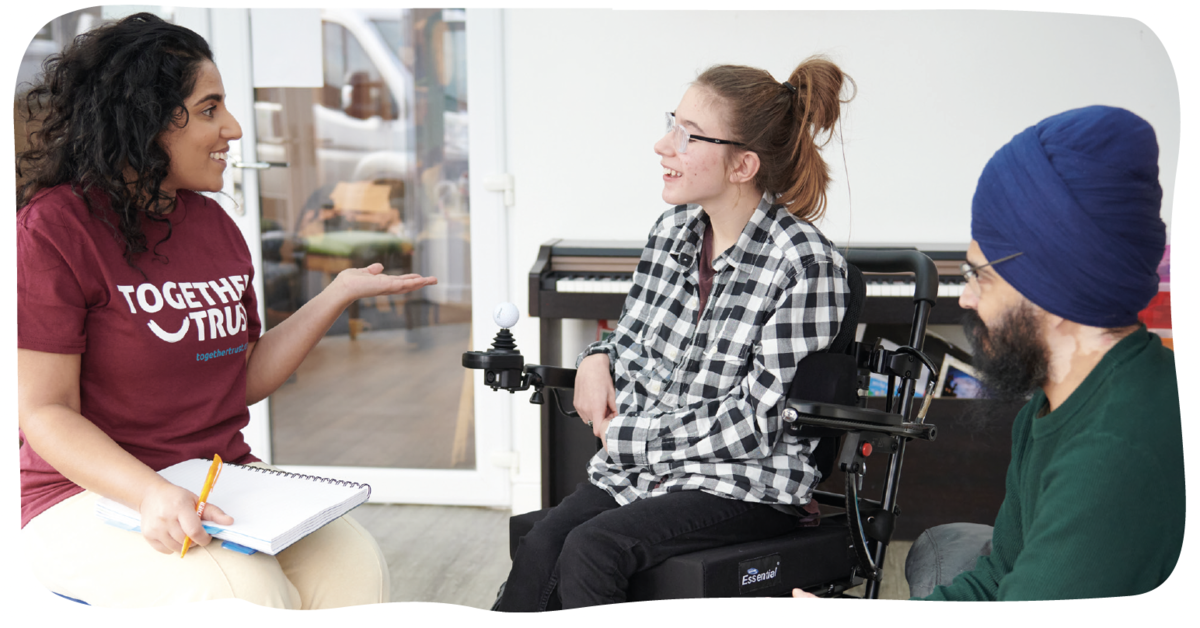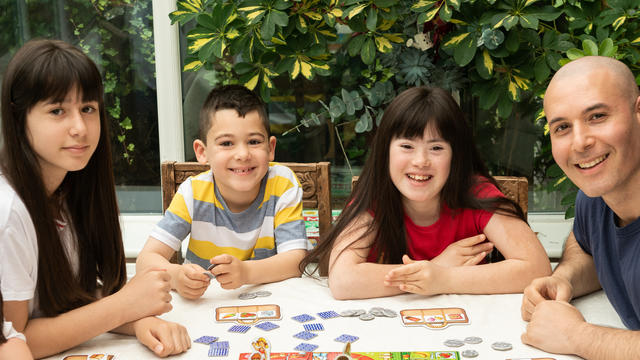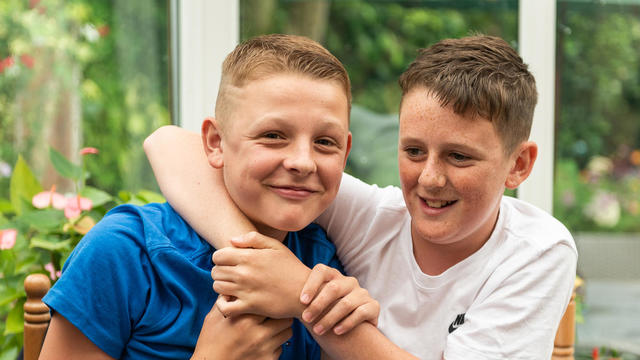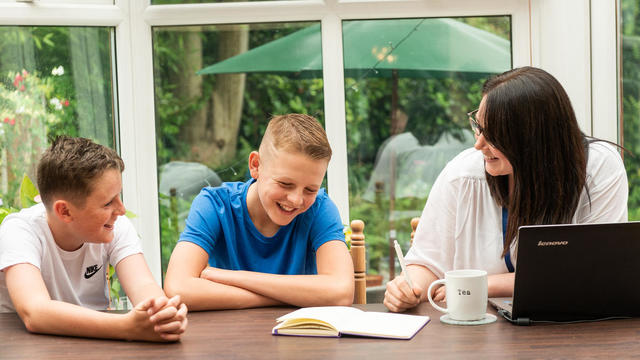Together Psychology
Together Trust's Psychology service offers bespoke packages of support to meet gaps in local provision and enable children and young people to thrive.
Our highly trained and experienced team work in partnership with a variety of organisations to provide the highest standard of service to children and their families.
Find out more about the services we provide and read more about examples of our work below
Who we are
We are a team of experienced educational psychologists and assistant psychologists who work in partnership with education providers, the NHS and Local Authorities to meet the needs of children and young people (aged 0-25) who have Special Educational Needs. The team hold specialisms in trauma and attachment, neurodiversity, and emotionally based school non-attendance.
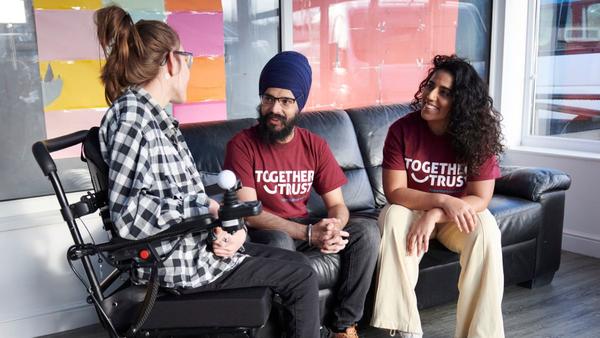
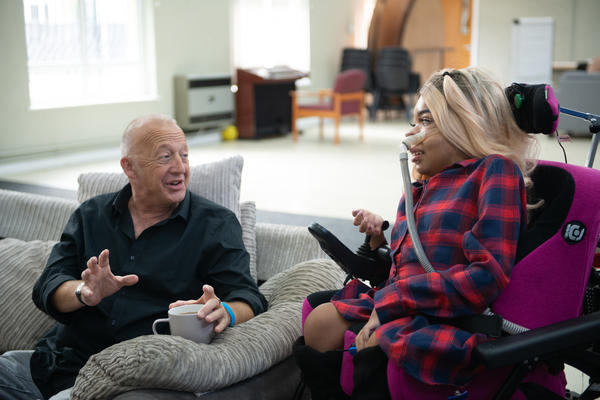
What we do
Our team collaborate and listen to the needs of those who commission us and apply evidence based psychology to ensure these needs are met. We routinely work with hard-to-reach families and children and young people who have lived through adverse childhood experiences, differences in their development and who have complex needs.
How we do it
Using applied psychology, we can provide a range of support to understand and enhance:
- Mental health and emotional wellbeing
- Early childhood development
- Learning progression and educational outcomes
- Social communication and life skills development
- Creating accessible and inclusive learning environments
- Pathways to adulthood
We can do this in a variety of ways, including:
- Organisational-wide systemic change projects, informing policy and practice, providing training to professionals and settings, etc.
- Educational psychology services in educational settings for children and young people aged 0-25 , which can be commissioned as part of a wider multidisciplinary package of support.
- Contribution to NHS neurodevelopmental assessment and pre and post-diagnostic support services.
- Developing and providing highly specialist packages of support for high-needs children and young people, in collaboration with the wider Together Trust multidisciplinary team.
- Working with families and carers through workshops and coffee mornings.
Read about some examples of our work
EBSNA (Emotionally Based School Non-Attendance)
EBSNA refers to a group of children who are experiencing high anxiety in relation to attending school. The number of children experiencing EBSNA has doubled since 2018/19. We offer:
- The development of borough wide and school wide provision for children and young people experiencing school-related anxiety, including training for professionals and schools. Focussing on early identification and intervention and shifting organisational practice.
- Multi-disciplinary outreach teams to provide the support that children and young people need to confidently reconnect with education through work with children/young people, their families and their schools.
- EOTAS (Education Other Than at School) packages of support for children and young people unable to access education in a school environment. These multi-disciplinary, personalised packages focus on the use of trauma-informed and child-led approaches.
This work is based on ongoing work and research in the area, including work with the University of Manchester.
For further information about this or related projects, please contact: admintss@togethertrust.org.uk
Neurodevelopmental assessment and pre- and postdiagnostic support services
Working alongside the Together Trust’s Speech and Language team, the psychology service can contribute to diagnostic decision-making through ADOS (Autism Diagnostic Observation Schedule) assessments, school observations, developmental histories and diagnostic interviews with parents or carers.
We work with families to prepare children and young people for their assessments by providing advice and individualised letters.
Alongside other therapists, we provide support to help families, children, and young people drawing on neurodiversity-affirming perspectives through one-to-one and group work. We also provide parent courses such as Riding the Rapids.
Such packages of support can be discussed and developed in collaboration with commissioners.
For further information, please contact: admintss@togethertrust.org.uk
School-based support
Our educational psychologists work across school consortiums. We support individual children through observation, direct assessment, gathering a child/young person’s views and consultation with staff, parents and
other professionals, working collaboratively to develop an understanding of a child’s needs and informing and reviewing the impact of support plans over time.
Our assistant psychologists can support staff to embed strategies and work with children and young people individually or in small groups through therapeutic intervention programmes.
We write psychological reports to provide a record of assessments and agreements, which can evidence a child’s needs, and may be used to support referrals to other services and applications for Education Health Care Plan assessments.
We provide school-wide training, including but not limited to:
• Teaching emotional regulation through emotion coaching
• Neurodiversity-friendly practice
• Precision teaching
• Effective differentiation and meta-cognitive practice
• Circle of friends
We offer drop-in sessions and workshops for teaching staff and parents. Our assistant psychologists offer six-week intervention programmes for children who would benefit from one-to-one or small group interventions, for example, programmes of intervention aimed at developing confidence and resilience, emotional literacy and effective emotional regulation, social understanding, and cooperative social interaction skills.
Schools can purchase educational psychology support as part of a multi-disciplinary package including input from Speech and Language Therapy, Occupational Therapy and Specialist Advisory Support Teachers for literacy and behaviour. Using this approach, we can triage cases with SENCOs (special educational needs coordinators) and work to support children and young people in a holistic way.
Emotional Literacy Support Assistants (ELSA)
ELSAs are specialist TAs/Learning Support Mentors who support the emotional wellbeing of identified pupils through personalised intervention. Our educational psychologists at the Together Trust are experienced ELSA
trainers.
We offer 6-day ELSA training and follow up supervision for teaching assistants who have or will have a designated role in supporting children with their social and emotional wellbeing.
Once trained ELSAs have the skills to run highly personalised 6 week interventions with children and young people to support their emotional wellbeing and social development.
ELSA is a protected title, and ELSA training is a well-regarded and popular course. For further information about this accredited course, please visit: elsanetwork.org/about/the-network
To find out more and register for this training, please contact: admintss@togethertrust.org.uk
Trauma-informed practice
Trauma-informed practice provides a universal framework to support the emotional needs of children and young people. In discussion with the psychology services, schools can commission bespoke training and whole school interventions focussing on a range of topics including:
- Attachment, Adverse Childhood Experiences, and developmental trauma
- Neurodivergent experiences of trauma
- Understandings in toxic stress and polyvagal theory
- Applications of polyvagal theory, nurture, PACE, and emotion coaching
Please contact admintss@togethertrust.org.uk if you would like to learn more about these opportunities.
Autism support for children and families
We are here to support children and families through assessment and post-diagnosis.
Clinical Services at the Together Trust have a hub of expertise relating to autism, including specialist psychologists, speech and language therapists, occupational therapists, sleep practitioner therapists and Positive Behaviour Support advisors.
The Together Trust can provide autism assessments which can be used to establish if a child or young person presents with indicators of autism which can be used to evidence this need and support diagnostic decision-making in NHS teams. Parents/carers can also access workshops or individual sessions on a range of autism related topics.
Please read our booklet for full details of this offer.
